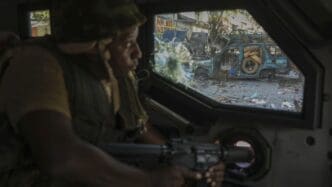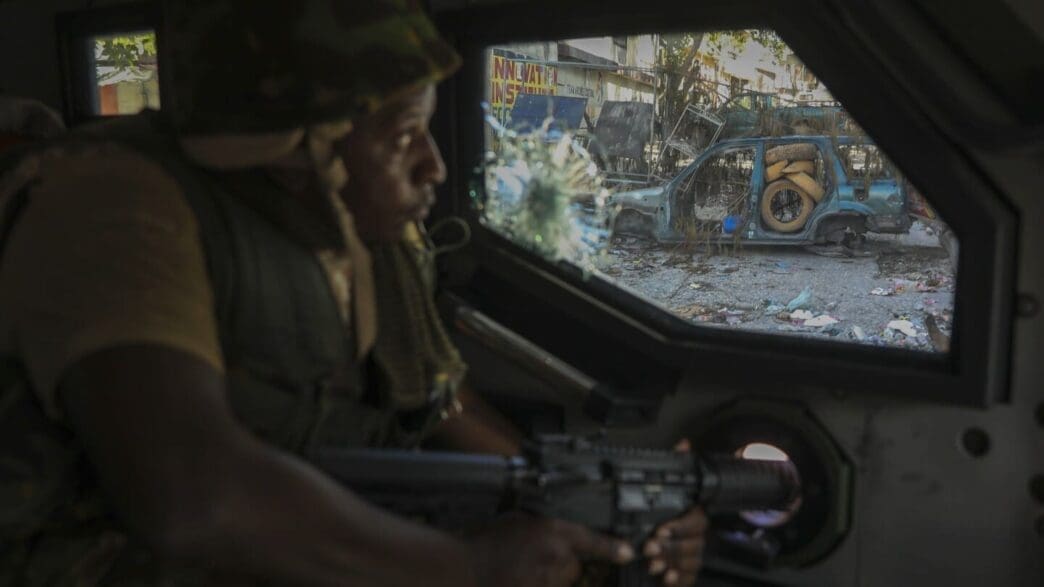In an already tense atmosphere, the residents of Port-au-Prince are on edge as a notorious gang leader is accused of a horrific massacre.
The heart of the matter lies in the aftermath of a grim series of events in Haiti’s capital. A gang leader, believed to have orchestrated the deaths of over 100 individuals, continues to instill fear among the people. This violence allegedly stems from an act of revenge following the death of his son. Mackenson Cangé, whose father fell victim to the chaos, shared his harrowing experience on Magik9 radio station, detailing how residents are being hunted, adding a chilling dimension to an already dreadful situation. “I believe in the justice of my country. But I’m tired of the government (only) condemning these massacres. We need to take action,” Cangé passionately argued.
Despite the seriousness of the matter, information about the massacre, particularly the two-day killing spree in Cité Soleil, is scant. Access to the area is highly restricted, with no images surfacing online, which is unusual given past trends. This secrecy adds to the agony and fear gripping the population. Meanwhile, official comments remain elusive, with both the National Police spokesperson and the leader of a UN-backed mission, led by Kenyan police, unresponsive to requests.
The violence, instigated by gang leader Micanor Altès—also known by aliases Monel Felix and Wa Mikanò—emerged from accusations against community elders, whom he held responsible for his son’s death, accusing them of witchcraft. These accusations have led to the persecution of older adults, many aged between 60 and 80, who have been targeted brutally. Human rights organizations report the death toll as high as 184, though exact numbers remain uncertain due to limited access to affected areas.
Adding to the tragedy, Cangé recounts the personal loss of his father, Marcel Cangé. He shares how gunmen forcibly took his father from his home, ending his life in a brutal manner. “I never believed something like that would happen to my father,” he said, describing the pain of losing a lifelong supporter and friend. The loss extends beyond personal grief, echoing a communal sorrow as many others share Cangé’s fate, further illustrating the dire state of this gang-controlled area.
Despite the government’s promises to bring perpetrators to justice, tangible action remains unfulfilled. The promise to mobilize state forces offers hope but no certainty. Meanwhile, groups like the Haitian Bridge Alliance call for thorough investigations, underscoring the urgent need for improved security.
This violence highlights an escalating issue in Haiti—gang control is suffocating communities, and with over 4,500 people killed this year, the situation grows increasingly dire. The need for security and justice is paramount, as is the call for an end to the fear overshadowing daily life in these regions.
As Haitians grapple with fear and loss, the international community watches, hopeful for change yet aware of the complexities involved. The path to safety and justice is fraught with challenges, but the resilience of those affected continues to be a beacon of hope.
Source: Apnews








